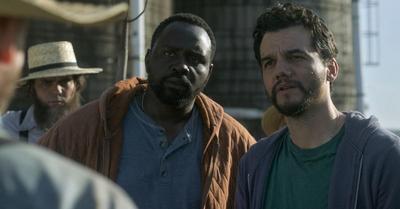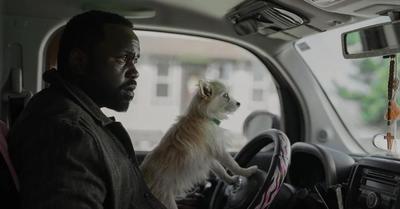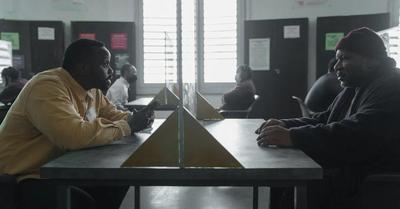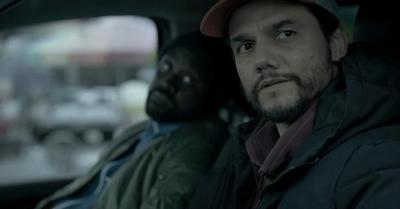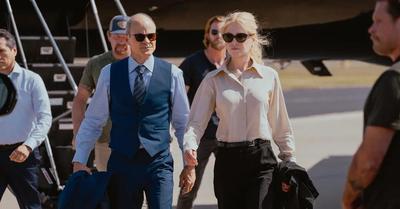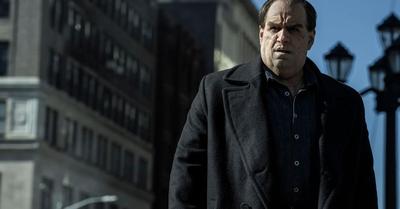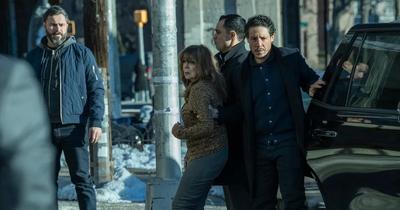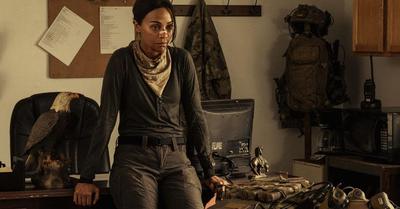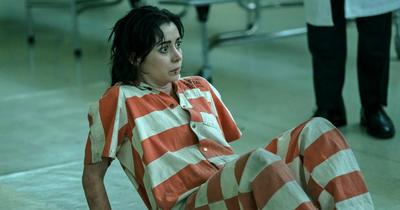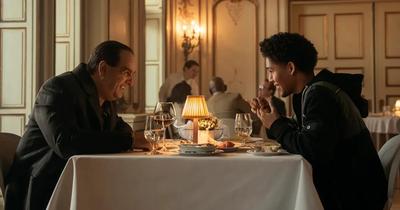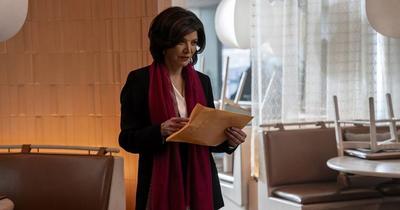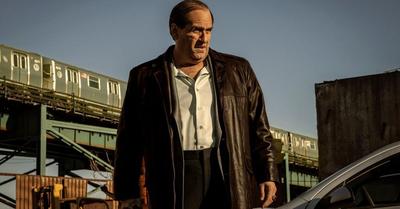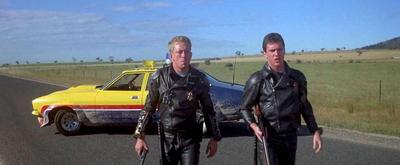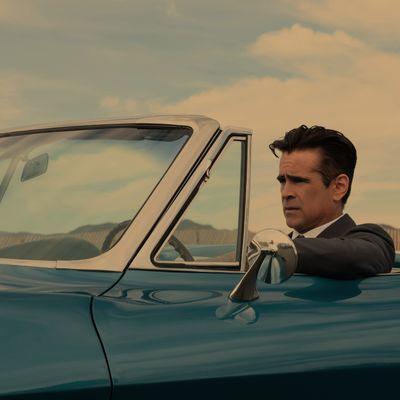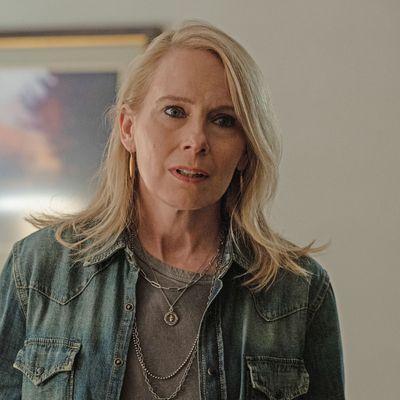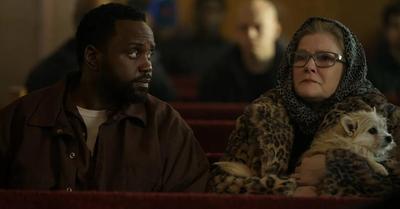
Dope Thief Series-Finale Recap: Do You Want to Be Alive?
Try as I might to keep my default-movie-guy bias in check when swimming in the waters of TV — blurred as the lines are between the things we used to call “television” and “cinema” in the 21st-century “content” colonization of art and categories — sometimes you gotta bite the bullet, dig your heels into what you know, and call a thing what it is. And Dope Thief’s final episode proves that some crime stories are better suited for a feature-length investigation.
This may come as a surprise to an...
